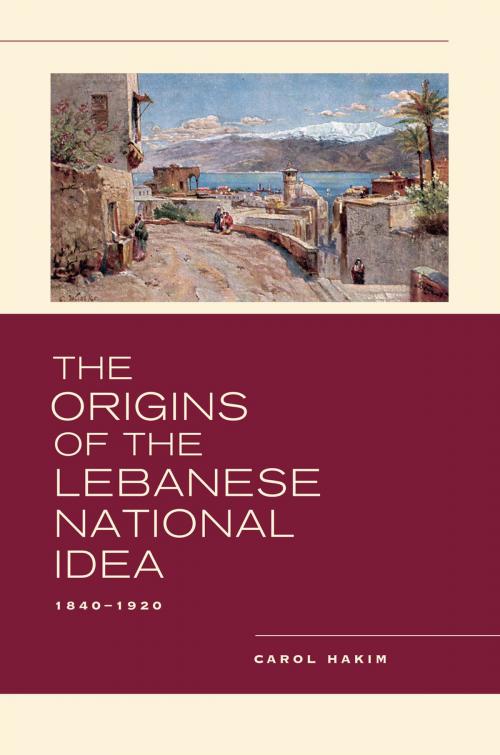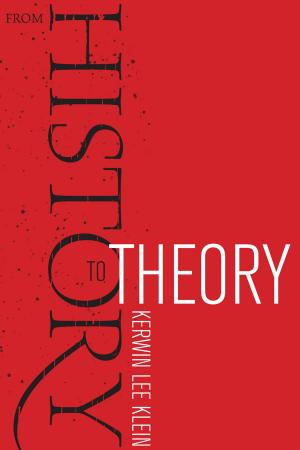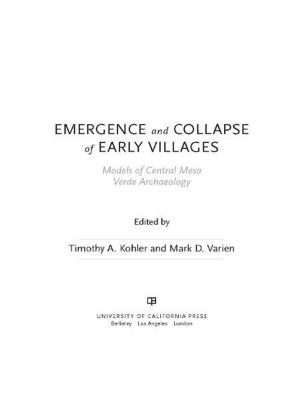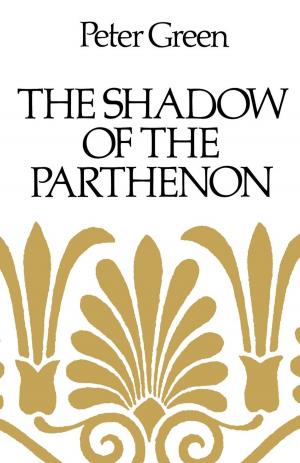| Author: | Carol Hakim | ISBN: | 9780520954717 |
| Publisher: | University of California Press | Publication: | January 19, 2013 |
| Imprint: | University of California Press | Language: | English |
| Author: | Carol Hakim |
| ISBN: | 9780520954717 |
| Publisher: | University of California Press |
| Publication: | January 19, 2013 |
| Imprint: | University of California Press |
| Language: | English |
In this fascinating study, Carol Hakim presents a new and original narrative on the origins of the Lebanese national idea. Hakim’s study reconsiders conventional accounts that locate the origins of Lebanese nationalism in a distant legendary past and then trace its evolution in a linear and gradual manner. She argues that while some of the ideas and historical myths at the core of Lebanese nationalism appeared by the mid-nineteenth century, a coherent popular nationalist ideology and movement emerged only with the establishment of the Lebanese state in 1920. Hakim reconstructs the complex process that led to the appearance of fluid national ideals among members of the clerical and secular Lebanese elite, and follows the fluctuations and variations of these ideals up until the establishment of a Lebanese state. The book is an essential read for anyone interested in the evolution of nationalism in the Middle East and beyond.
In this fascinating study, Carol Hakim presents a new and original narrative on the origins of the Lebanese national idea. Hakim’s study reconsiders conventional accounts that locate the origins of Lebanese nationalism in a distant legendary past and then trace its evolution in a linear and gradual manner. She argues that while some of the ideas and historical myths at the core of Lebanese nationalism appeared by the mid-nineteenth century, a coherent popular nationalist ideology and movement emerged only with the establishment of the Lebanese state in 1920. Hakim reconstructs the complex process that led to the appearance of fluid national ideals among members of the clerical and secular Lebanese elite, and follows the fluctuations and variations of these ideals up until the establishment of a Lebanese state. The book is an essential read for anyone interested in the evolution of nationalism in the Middle East and beyond.















